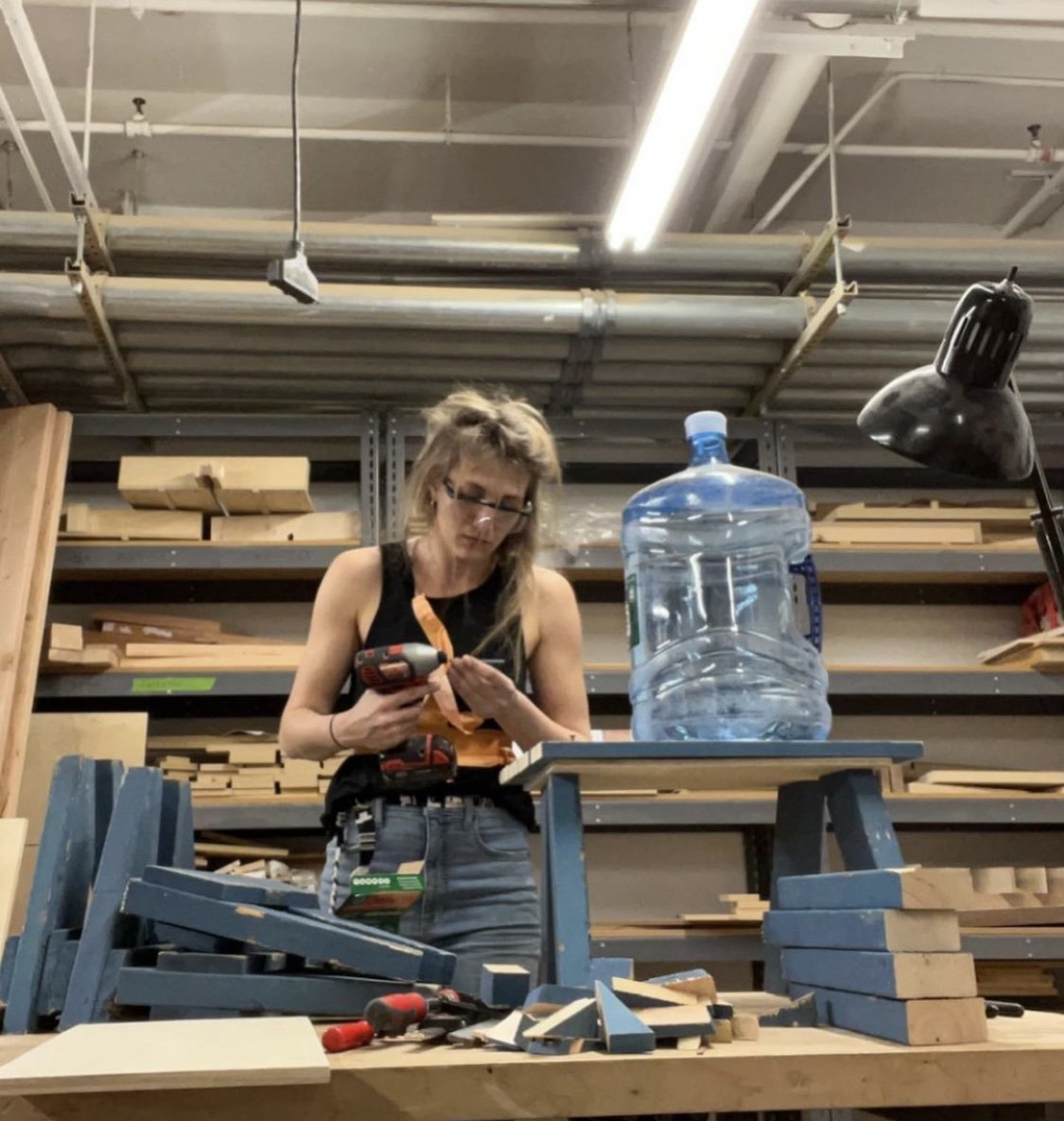Sara Zielinski
Spring 2023 Culture Push Fellow
Sara Zielinski is an artist and activist based in Brooklyn. She holds a BA from Barnard College and an MFA in Integrated Practices from Pratt Institute. Zielinski incorporates printmaking, drawing, text, video, and sewing into her work, often combining several techniques to create immersive environments. She has organized projects with artists in Chicago and New York and interviewed artists for The Huffington Post from 2015 to 2017. Zielinski has created installations at the National Parliamentary Library of Georgia in Tbilisi, Georgia, Ink Miami Art Fair in Miami, FL, Sapar Contemporary in New York, NY, and Pantocrátor Gallery in Suzhou, China, and has exhibited in group shows at Childs Gallery, International Print Center New York, Find & Form, Harriet Tubman Gallery, and Shoestring Press, among others.
PROJECT : ABOLITIONIST BENCHES
As prison abolitionist and scholar Ruth Wilson Gilmore says, “abolition is presence.” As New Yorkers watch the demolition of the Manhattan Detention Complex and the Brooklyn House of Detention, now is the time to think about what we can build and how we can care for one another and ourselves in the absence of these carceral structures and systems. This project and my understanding of abolition are rooted in a place of abundance, in the belief that we already have what we need to care for our society.
This project will consist of a series of conversations and a series of benches. Each wooden bench will take the same simple design and will feature either painted text or a small metal plaque affixed to it.
The goals of this project are to engage with business owners and community members in the areas directly surrounding the sites of the Manhattan Detention Complex and the Brooklyn House of Detention. Together we will talk about the effects of proximity to incarceration, jail demolition, and jail construction on their businesses and psyches, and I will offer them a handmade wooden bench and chain to install outside their storefront. Based on our conversations, together we will develop a short text to inscribe on the bench. I have scouted locations surrounding both jails, and exact businesses will be determined as I return to begin conversations with business owners and community members.
Accessibility is also central to this project. Every place to sit in the city that is not hostile architecture resists ableist forces. These benches will do so intentionally.



